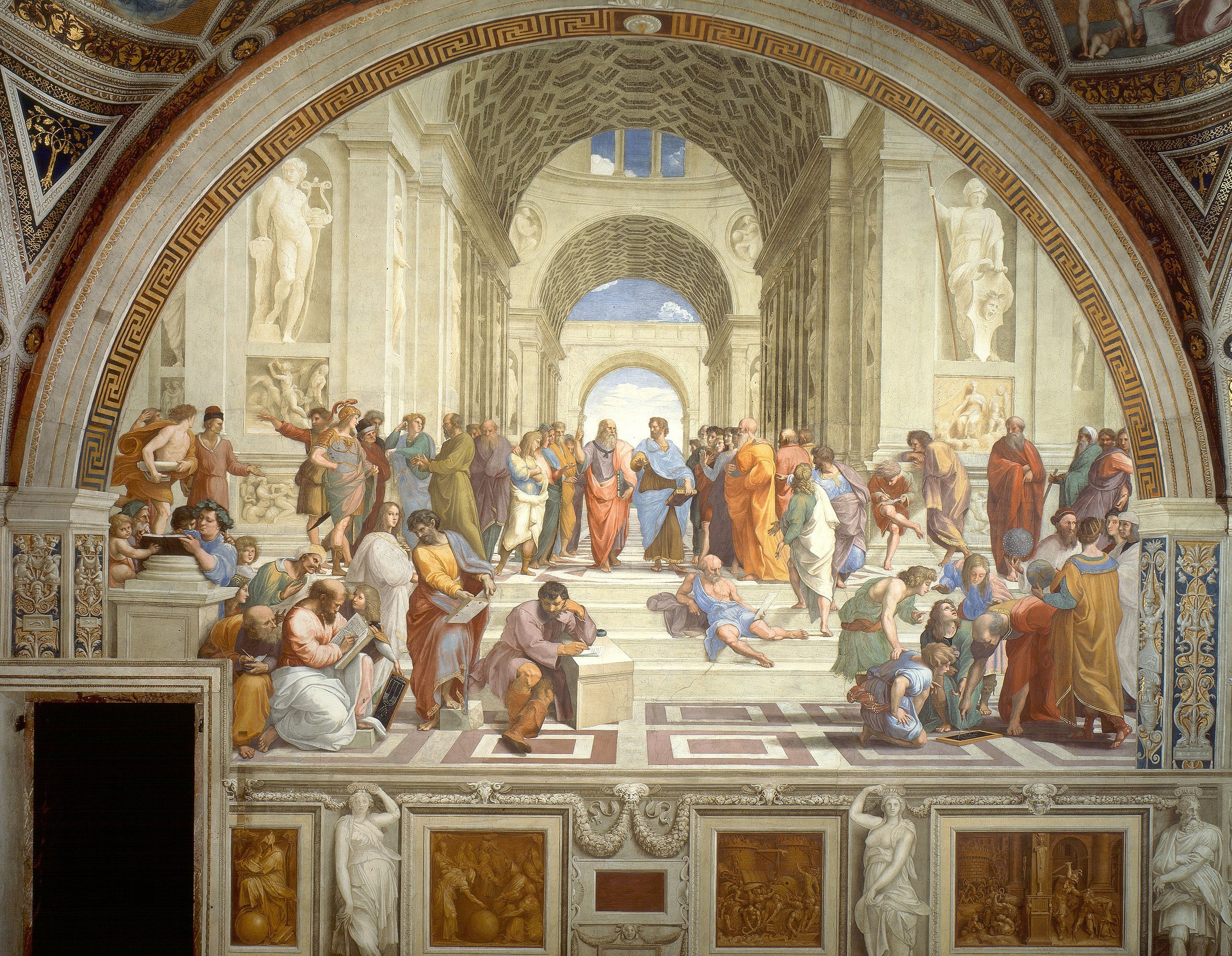What kind of teams are you on?
Infinite Perspectives · Carl Dickson · 02/01/2024 01:47 AM
Give me a team made of individuals who have chosen to work together and we can do anything.
But a team made of people compelled to contribute? Eff that kind of team. Is it even a team if you are required to join it? Should a team ask for support or can a team require your support?
What kind of teams do you belong to? And why?
What kind of teams do you avoid? And why?
How do you interact with others who are on the same teams?
How do you interact with others who are not?
Now let’s consider some real world examples that you might not have thought of…
… about this thing called "patriotism." What kind of patriot are you? What is it really that you support? And do you expect others to also identify themselves the same way?
... about this thing called "government." From what does it derive its authority? What are the limitations on that authority? And should it be able to compel support?
… about this thing called a “job.” What do you give it? What do you get out of it? What permissions have you given it? What rules have you accepted? What limitations are there to those rules. What conditions do you impose? Are you a team? Do you steal from it? Does it steal from you?
… about this thing called “marriage” or “family” or being on an airplane or in a crowd or so many other things. What rules do you accept? What rules are forced on you? What are the limitations to those rules? What support do you choose to give? What support is required from you?
What rules or ethics do you think you support, and what rules or ethics do you practice in reality?
Do you contradict yourself? We all do from time to time. Do your rules vary depending on circumstances? Do they do that with or without contradiction?
What does the teams you are on and the way you participate say about who you are?
- Read more...
- 0 comments
- 500 views
-


